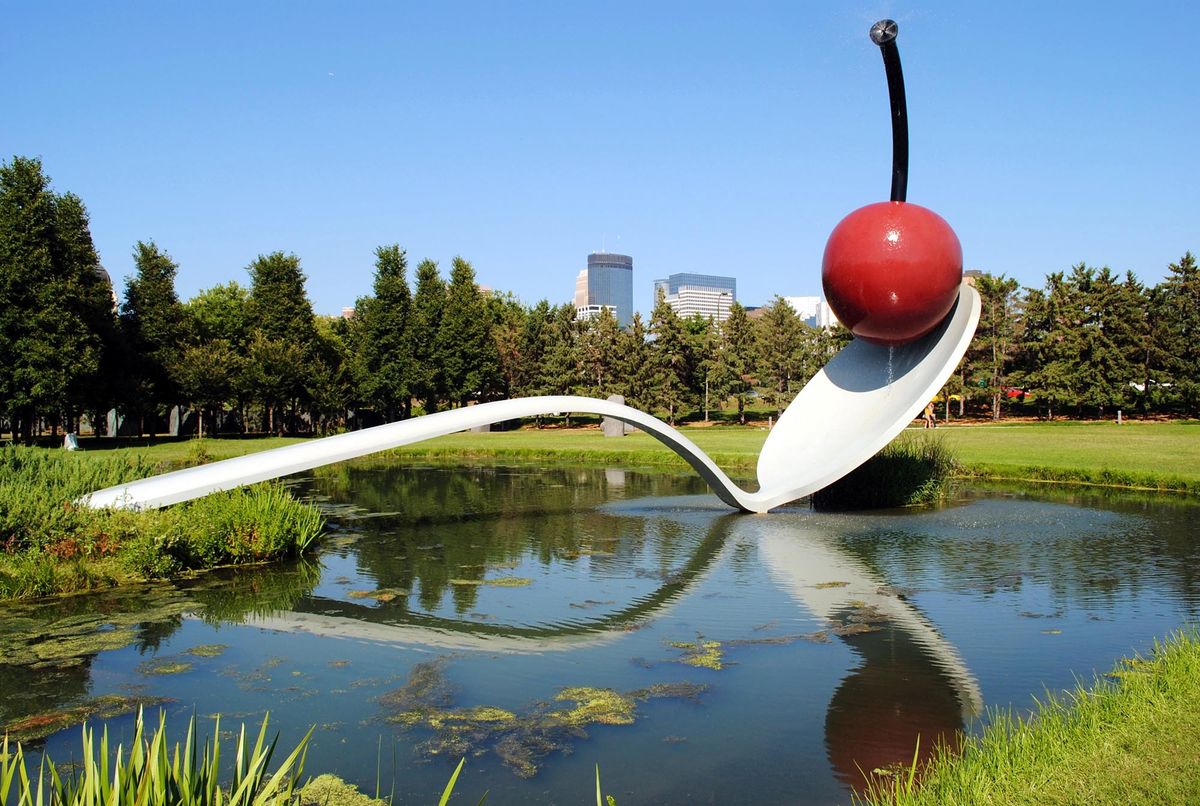The first round of grants given out by the National Endowment for the Humanities (NEH) in 2022, announced today, include $500,000 for gallery equipment and fixtures in the Los Angeles County Museum of Art’s (Lacma) long-delayed and controversial new $650m building and $73,842 for an initiative by the Midwest Art Conservation Center in Minneapolis, Minnesota, to develop a risk assessment framework for public art. The 208 grants have been awarded to organisations in 39 states, Washington, DC, the US island territory of Guam and one project at the University of Alberta in Canada.
Projects receiving funding span pragmatic endeavors to furnish galleries and venues with up-to-date equipment, train staff, conduct field research and undertake complex material analysis and conservation of artefacts. The Metropolitan Museum of Art, for instance, received $349,999 to develop a biomolecule identification method in art, with a focus on chia oil in Mexican objects from the New Spain period (1521-1821). Oakwood University in Alabama received $129,366 to help develop a museum devoted to Dred Scott, an enslaved man who, in the mid-19th century in Missouri, along with his wife Harriet Robinson Scott, unsuccessfully sued to secure their freedom.
“These NEH grants will support educators and scholars in enriching our understanding of the past and enable cultural institutions from across the country to expand their offerings, resources, and public programming, both in person and online,” acting NEH chair Adam Wolfson said in a statement. (Last October, US president Joe Biden announced plans to nominate Shelly Lowe to be the NEH’s next chair—she would be its first Native American leader—but she has yet to be confirmed.)
Other notable museum projects receiving NEH support include $310,362 for workshops led by University of California, Los Angeles to train Native American conservators and curators in caring for tribal materials, $30,000 for a Louis Armstrong House Museum digital project on the history of jazz and hip-hop in Queens, New York and $50,000 for a University of Michigan workshop to train museum workers in accessibility for the blind and partially sighted.


